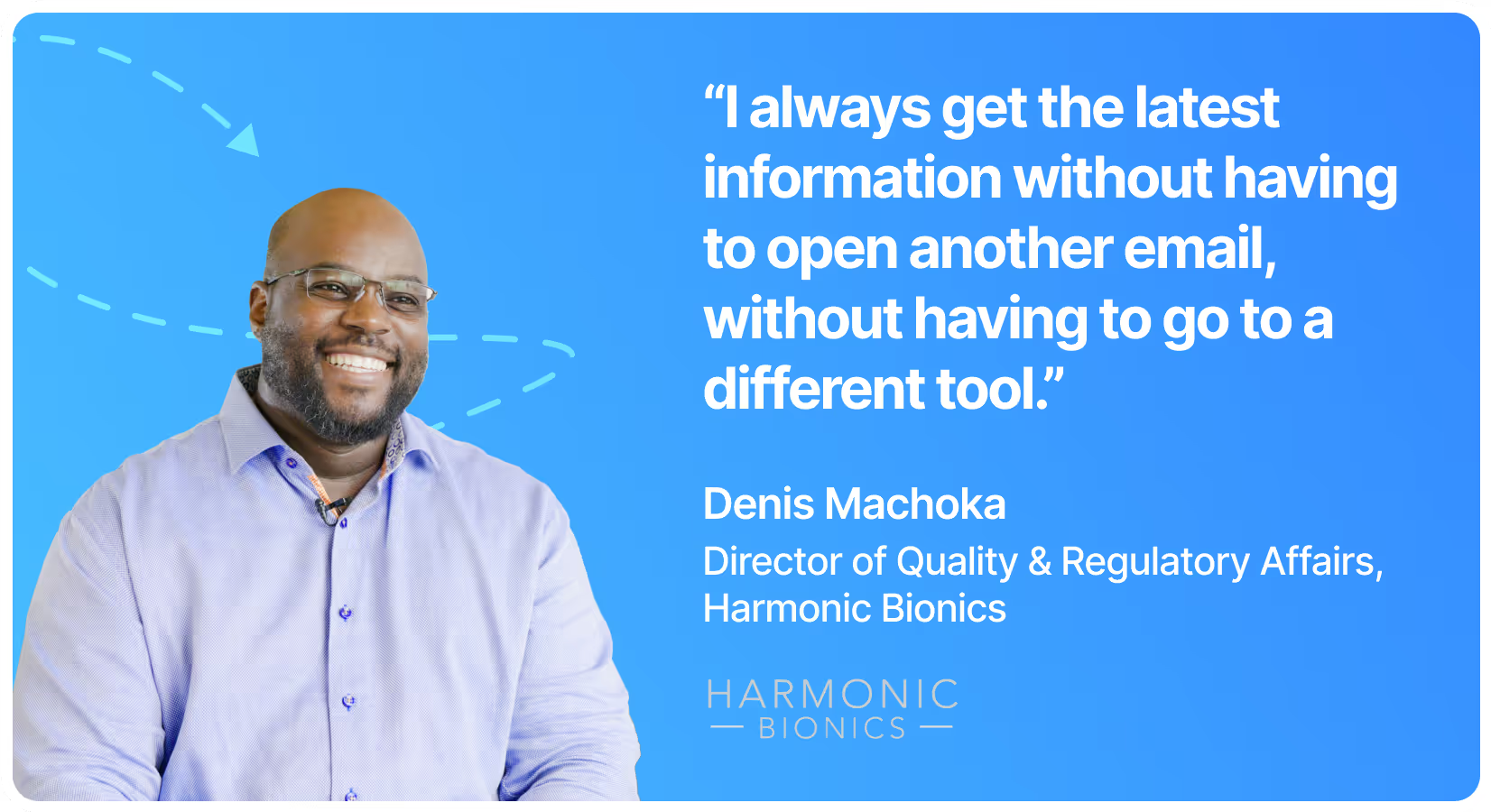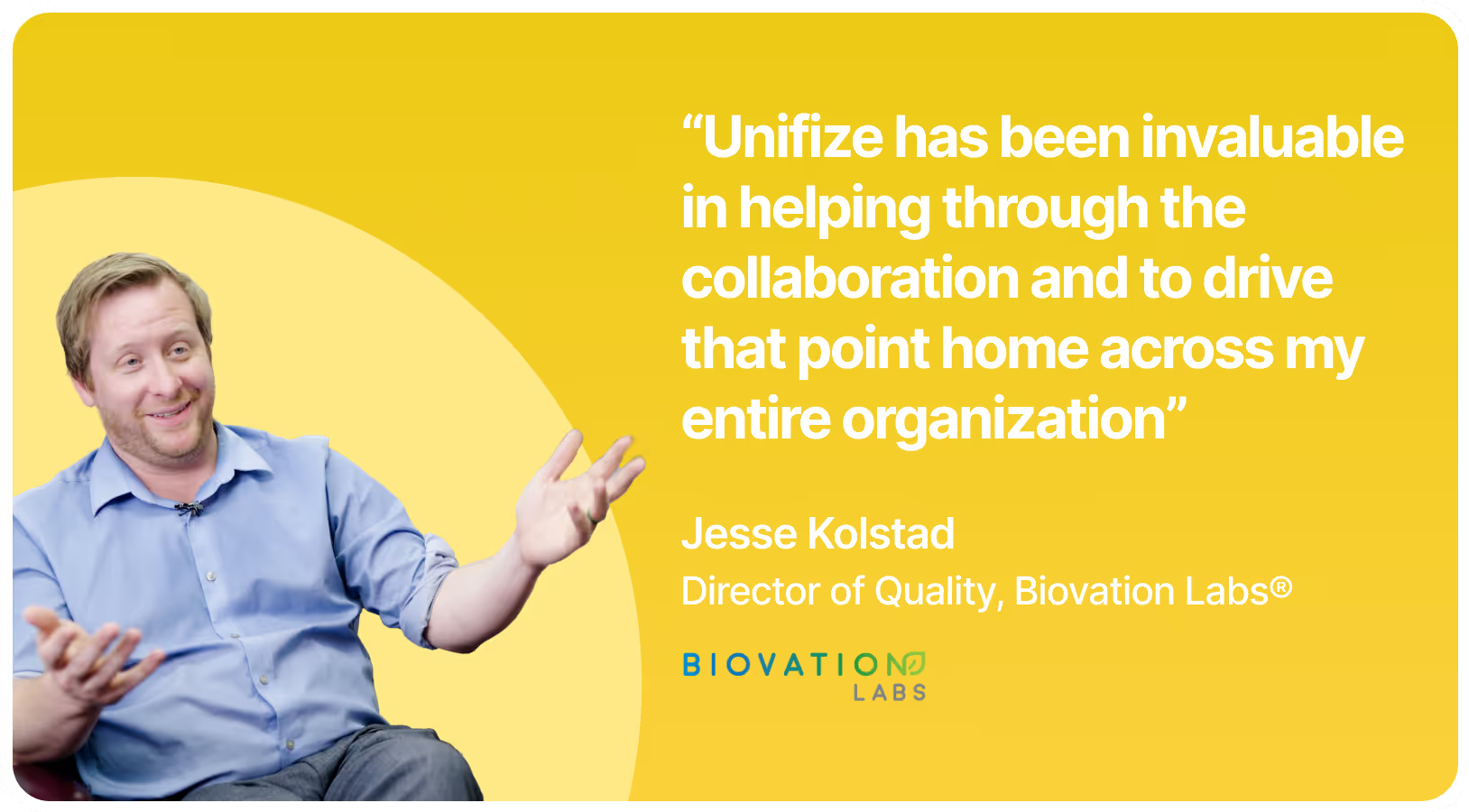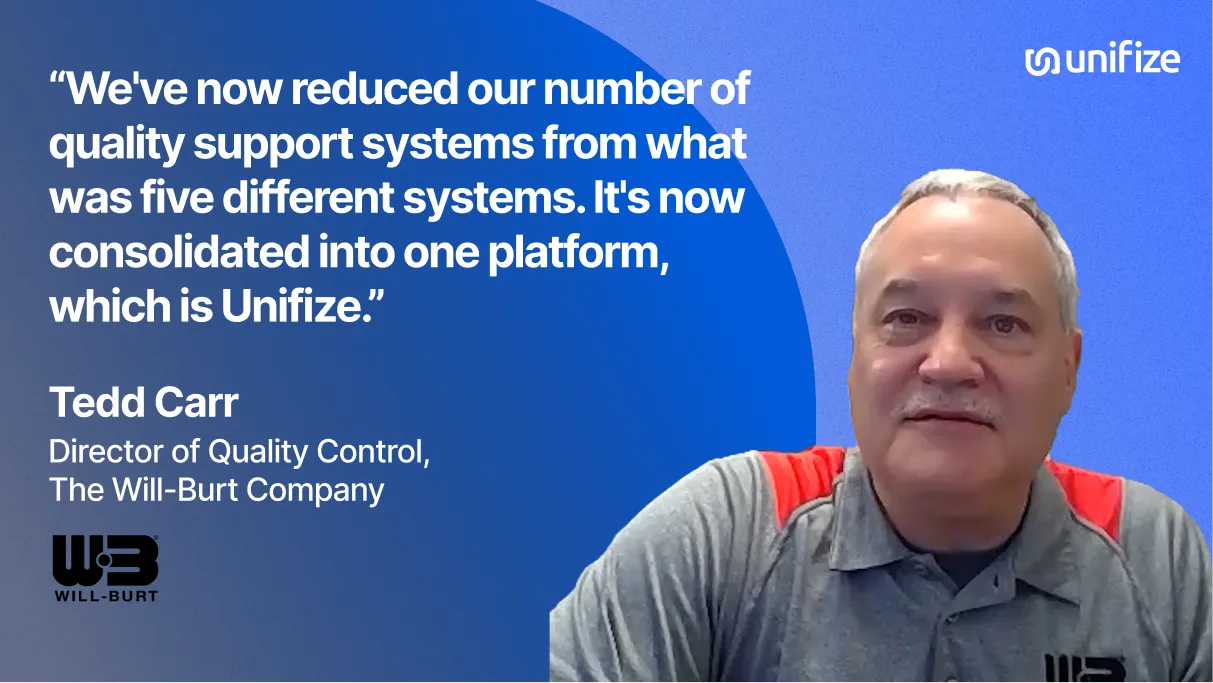Content Library
00:00 - 00:26
I'd be remiss if I didn't mention the effects of the lockdown, the pandemic on how things had operated in the industry. You know, beforehand, it was easy, or at least significantly easier in terms of global transportation of goods and supply all around the world for manufacturers like us and contract manufacturers of formulations for indie brands and otherwise, and the legacy manufacturers as well, to be able to do more just in time manufacturing because they can source in ingredients very quickly.
00:26 - 00:28
Lead times are a lot shorter.
00:28 - 00:46
Availability was in abundance, but then the lockdown happened and all of that went completely upside down. Everyone that was operating on just in time manufacturing realized it could not get anything at all. And the lead times for everything up and down the entire supply chain ballooned anywhere from 500 to 800%.
00:46 - 00:51
The cost of shipping goods overseas also increased dramatically as well due to the lockdown.
00:51 - 01:05
The ability for people to actually ship goods and actually have it be received at major ports around the world that we all collapsed. And this is nothing, nothing new to anyone that's that's working in the industry right now. So there are some lasting effects from from that.
01:05 - 01:13
You know, the industry as a whole, from the manufacturers side as well as the brand side, they're working in response to that.
01:13 - 01:32
The effects of that lockdown that overstocked on almost everything because they thought, if I can't get it, I need to buy a ton of it now and have it available just in case. And so this year overall has been an interesting year because brands, customers aren't buying as much because they overstocked. Everything's being pushed over to 2024, so it'll be.
01:32 - 01:49
I'm excited by the possibility I guess - possibilities of what next year will bring because we feel like once that overstock has been worked through by retailers everywhere, that it will be another sign of the continued booming economy that we're enjoying right now.
01:49 - 01:55
One of the biggest things that we did in response, and this was in line with what most people did during the lockdown itself.
01:55 - 02:29
We you know, this industry has always been fairly traditional in how marketing works and how lead generation works. So very tradeshow heavy focused. Alright. And also sales focus in terms of generating those leads, in terms of in-person, high touch type of styles, which of course you couldn't do any of that during the lockdown. So there was a much more renewed emphasis on broadening and upgrading digital marketing technology and the types of technology stacks that were required to make digital marketing an effective surrogate for in-person sales.
02:29 - 02:49
I think everyone upped their game in terms of being able to generate interesting content to keep people engaged, customers engaged, and then of course, with Zoom and Teams and being able to utilize or leverage those tools in conjunction with those digital marketing initiatives to create a more holistic view of brand marketing overall that didn't necessarily require someone in person.
02:49 - 03:16
But I think that as those initiatives began to be rolled out, people quickly realized you still need that human element, you still need to talk to people in-person. There's no way that video conferencing technology or video call technology could ever replace that. Don't meet at all. And so now we're in that sort of hybrid mode where people want to see customers, people want to see people come in for sales presentations and lunch and learns and stuff like that.
03:16 - 03:26
But being able to still leverage that, those video calls for more immediate concerns that could be answered within 2 minutes. Within a call with all the relevant stakeholders online.
Impact of lockdown on cosmetic ingredient manufacturers

Customers
Denis's experience with Unifize: Revolutionizing quality assurance systems
Quality expert Denis details his transformative journey with Unifize. He praises its efficient design, user-centric approach, and the system's ability to streamline data handling and accelerate time to market.

Customers
Harmonic Bionics and Unifize: A seamless transition to regulatory compliance
Clarissa Archer shares her experience integrating Unifize into Harmonic Bionics, underscoring its value in streamlining change control, facilitating communication, and ensuring robust documentation for regulatory compliance in the medical device sector.

Customers
Engineering efficiency with Unifize: Michael Hogan's insights from Harmonic Bionics
Mechanical Engineer Michael Hogan elaborates on how the integration of Unifize at Harmonic Bionics has streamlined his engineering processes, promoting transparency and rapid turnaround in the medical device domain.

Customers
Here’s how Biovation Labs reduced testing costs from $146K to $65K in two months
Learn how and why Biovation Labs, an FDA regulated nutraceutical manufacturer based in Salt Lake City, took the decision to transition from MasterControl to Unifize for their product lifecycle (PLM) and quality management (QMS) processes.

Customers
How a quality veteran from boosted issue closure time by 75% within the first month
Tedd Carr from The Will-Burt Company discusses overcoming their diverse and complex quality challenges across various sectors with Unifize. By consolidating five systems into one, they achieved clear accountability and reduced issue closure from months to days, demonstrating significant efficiency gains and faster decision-making in their quality processes.





